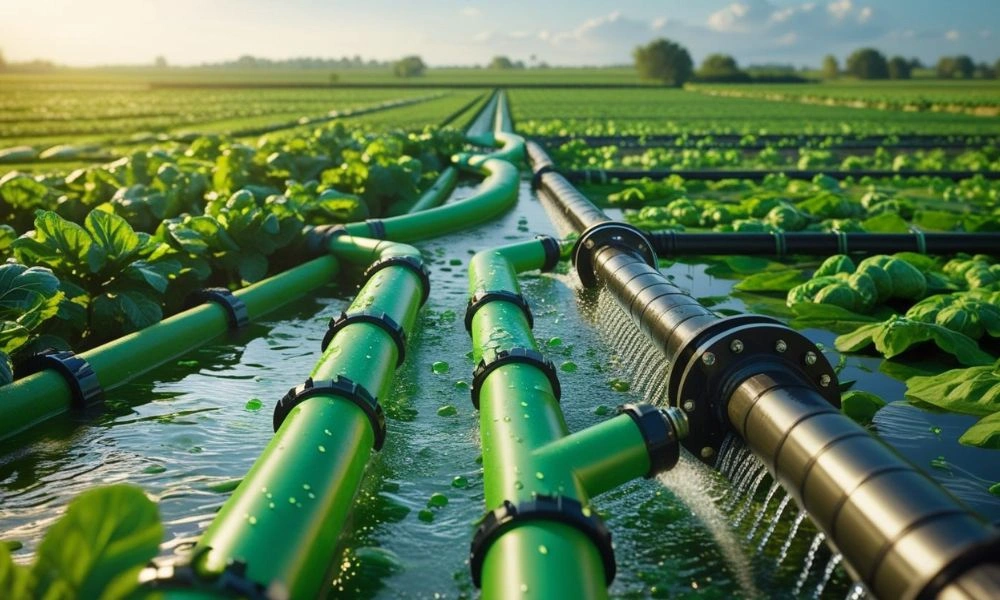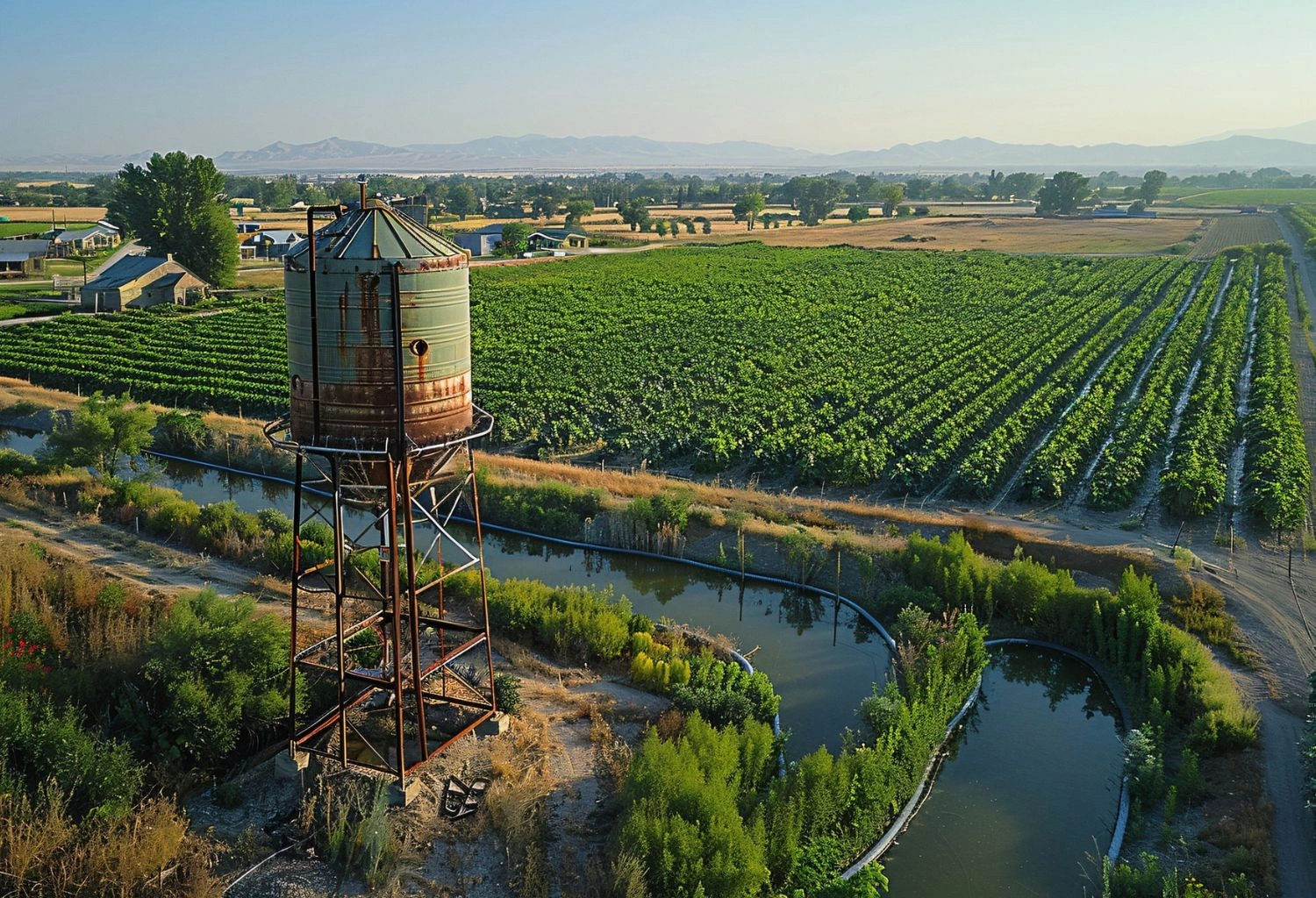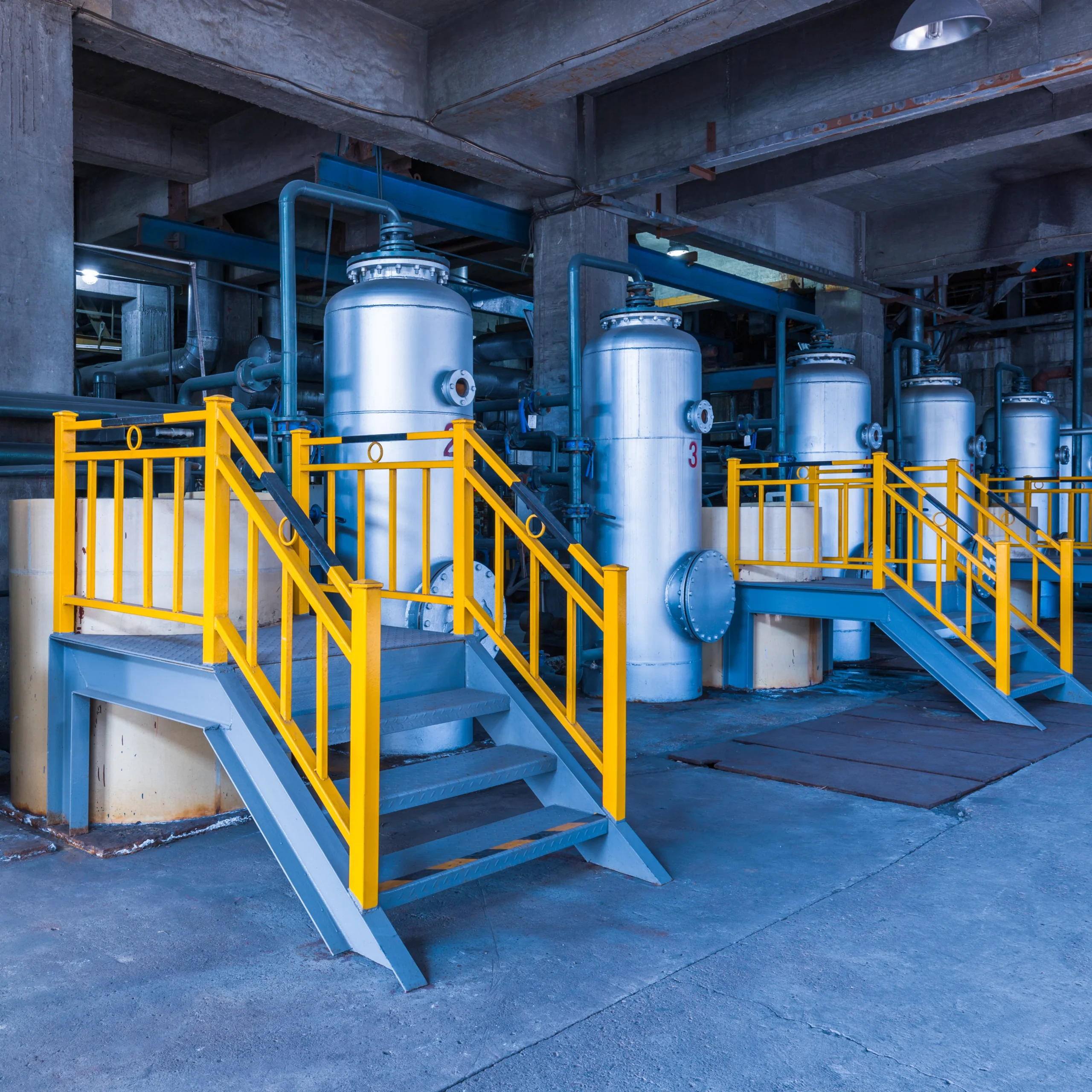Sustainable management of wastewater in agriculture can help conserve water, reduce pollution, and provide valuable nutrients for crops. By adopting modern treatment technologies, farmers can safely use treated wastewater for irrigation, ensuring the future of farming in water-scarce regions. This practice not only conserves precious resources but also helps increase productivity and reduce costs
Wastewater Treatment for Agriculture
Why Wastewater is Important in Farming
You may wonder—what is wastewater, and why would we want to use it for farming? Wastewater is simply any water that has already been used in households, industries, or agriculture. It may carry all sorts of impurities, such as organic matter, chemicals, and microorganisms. Although it may sound like “dirty” water, there is potential for sustainable management of wastewater to make it available for reuse, particularly for irrigation.
The world’s agricultural industry is under unprecedented pressure because of water scarcity, especially in arid and semi-arid areas. By recycling wastewater, we can ease the burden on freshwater resources and keep crops watered—sustainably.
Advantages of Agricultural Use of Wastewater
Reusing treated wastewater isn’t merely conserving water—it’s about making agriculture more efficient and sustainable. Here’s how:
1. Relieves Pressure on Freshwater Sources
Even after treatment, wastewater may still contain dangerous pathogens. That’s why it’s so critical to have strong regulations and quality treatment systems in place to make sure the water is safe for crops.
Provides Nutrient-Rich Water for Crops
Believe it or not, wastewater often contains nutrients like nitrogen, phosphorus, and potassium, which are great for plant growth. Instead of relying on synthetic fertilizers, which can harm the environment, treated wastewater can provide crops with essential nutrients in a natural, cost-effective way.
Reduces Pollution
In most regions of the globe, untreated sewage is discharged into lakes or rivers, resulting in pollution and damaging aquatic ecosystems. Through wastewater treatment and reuse in agriculture, we can prevent environmental pollution, conserve biodiversity, and enhance the quality of water.
Saves Money
Let’s be honest—water is costly. As water shortages become more widespread, irrigation costs are rising too. By drawing on treated wastewater, farmers can lower their water bills and reduce the overall expense of irrigation. And they’re reducing their reliance on costly fertilizers as well.
Drinking/Industrial Water Treatment System
How Wastewater Gets Cleaned for Agricultural Use
And how exactly do we make “dirty” water suitable for crops? Luckily, there are a few technologies that aim to purify wastewater for farming purposes. These are some of the most trending methods:
Biological Treatment
It employs natural microbes to degrade organic waste in wastewater. It’s like nature at work—microbes feed on the waste, and the water becomes cleaner and safe for crops.
Ideal for: Organic waste and high organic content in wastewater.
Pros: It’s eco-friendly and affordable.
Membrane Bioreactors (MBR)
It’s a hybrid of biological treatment and high-end filtration via membranes. The treatment process gets rid of solids, disease-causing organisms, and contaminants, resulting in high-quality water that’s ready for use in irrigation.
Ideal for: Large volumes of wastewater with high contamination rates.
Pros: High-efficiency filtration results in very clean water, which is ideal for a range of agricultural uses.
Electrocoagulation (EC)
Electrocoagulation involves using electric currents to cause particles in the wastewater to form clumps so that they can be eliminated. It’s especially great at removing heavy metals and other toxic materials from industrial wastewater.
Excellent For: Industrial wastewater with chemicals or heavy metals.
Pros: It’s very effective at cleaning up water that’s been polluted by industrial processes.
Constructed Wetlands
Here, plants and microorganisms in an artificial wetland facility are employed to remove wastewater. It is easy and environmentally friendly, making it suitable for small-scale farms or rural communities.
Best For: Small-scale irrigation projects.
Pros: Low energy required and operates naturally.
Considerations and Challenges
Although the concept of utilizing wastewater in agriculture sounds promising, it does have its challenges. Here are some to consider:
Pathogen Risks
Even after treatment, wastewater may still contain dangerous pathogens. That’s why it’s so critical to have strong regulations and quality treatment systems in place to make sure the water is safe for crops.
Costs and Infrastructure
Installing wastewater treatment systems is costly, particularly in small farms in developing economies. However, in the long term, saving on water bills and enhanced crop production can save money in the long run.
Public Perception
Let’s admit it—most people still shy away from using “recycled” water to grow food. Breaking down this stigma will need more education, transparency, and honest communication regarding the safety of treated wastewater.
What’s the Future of Wastewater Management in Agriculture?
The future looks good for sustainable wastewater management in agriculture.
Governments and institutions are also starting to see the significance of water reuse in wastewater, which may result in more policies favoring its adoption in agriculture. Through education, technology, and infrastructure investments, we can make wastewater a productive resource for sustainable agriculture.
Conclusion
The sustainable treatment and reuse of wastewater in agriculture is a water conservation game-changer. By treating wastewater and reusing it, farmers can irrigate their fields, save money, and decrease their environmental footprint. With proper technologies and a dedication to sustainability, wastewater can be a precious resource in the battle against water scarcity.
Frequently Asked Questions (FAQs)
What is wastewater and how is it used in farming?
Wastewater is water that has been used in households, industries, or agriculture. It can be treated and reused for irrigation, reducing pressure on freshwater sources and promoting sustainable farming.
How does wastewater benefit agriculture?
Wastewater provides several benefits, such as relieving pressure on freshwater sources, offering nutrient-rich water for crops, reducing pollution, and saving money by decreasing irrigation and fertilizer costs.
What nutrients are found in wastewater?
Treated wastewater often contains essential nutrients like nitrogen, phosphorus, and potassium, which are beneficial for plant growth and can reduce the need for synthetic fertilizers.
How does wastewater reduce pollution in agriculture?
By reusing treated wastewater for irrigation, we can prevent untreated sewage from being discharged into rivers or lakes, thereby reducing pollution and protecting aquatic ecosystems.
What technologies are used to clean wastewater for agricultural use?
Technologies like biological treatment, membrane bioreactors (MBR), electrocoagulation, and constructed wetlands are commonly used to purify wastewater for safe agricultural use, depending on the type of contamination.
What challenges are there with using wastewater in agriculture?
Challenges include pathogen risks, public perception of “recycled” water, high infrastructure costs, and the need for extensive education and investment in wastewater treatment technologies, especially in developing regions.
Are there risks to using wastewater in farming?
Yes, wastewater may still contain harmful pathogens even after treatment. Proper regulations and advanced treatment systems are necessary to ensure the water is safe for crops and consumers.
What is electrocoagulation and when is it used?
Electrocoagulation uses electric currents to coagulate and remove particles, heavy metals, and toxic chemicals from wastewater, making it particularly effective for treating industrial wastewater with contaminants.
How do membrane bioreactors (MBR) work?
MBRs combine biological treatment with high-efficiency filtration through membranes, effectively removing solids, pathogens, and contaminants to produce high-quality water suitable for agricultural use.
What is biological treatment of wastewater?
Biological treatment uses natural microbes to break down organic waste in wastewater. It’s an eco-friendly and affordable method, especially effective for wastewater with high organic content.



